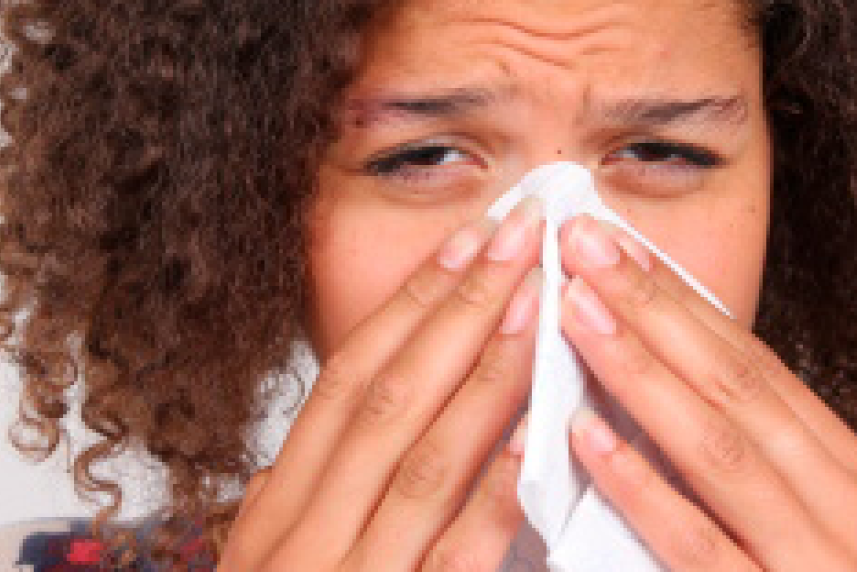How worried should you be about germs?
Everything you need to know about germs, including how to minimize your exposure and stay well

Are we too clean for our own good? In recent years, there’s been a lot of debate whether Americans have gone overboard disinfecting everything in sight or whether our children are exposed to enough germs in childhood.
The short answer: you don’t need to go out of your way to expose yourself or your kids to germs, says Philip M. Tierno, PhD, a microbiologist and author of The Secret Life of Germs. “Germs are everywhere,” Tierno says. “There’s no way you can deprive yourself of exposure to germs. Everything you touch has germs. You want to make sure you practice good personal hygiene, household hygiene, and food hygiene to cut down on unnecessary exposure.” Follow these tips to protect yourself from germs.
1. Practice good handwashing habits
Washing your hands is one of the easiest and most effective ways to avoid getting sick. Wash before eating, drinking, using the restroom, petting animals, and before you touch your eyes, nose, or mouth. Use regular (not antibacterial) soap, and scrub for 20 seconds. Be sure to scrub between your fingers and under your fingernails.
2. Keep your distance
It’s hard to avoid germs. “You go to an airport, a bus depot, or a train terminal. There are people coughing, sneezing, and talking, all of which are ways to spread infection,” Tierno says. He adds that 80% of all infectious disease is transmitted by direct and indirect contact. Direct contact means coughing, sneezing, or kissing. Indirect contact means touching a doorknob, a telephone, or a handrail. When you touch things other people have touched and then touch your mouth, nose, or eyes, you expose yourself to germs.
3. Be careful what you share
One child takes a sip from his sibling’s cup, or maybe the other borrows her sibling’s fork. No big deal, right? Wrong. “Sharing utensils can spread germs since people can be contagious before they show signs of being sick,” says Sharon Horesh Bergquist, MD, assistant professor of primary care medicine at Emory University.
4. Stop using the 5-second rule
Accidents and spills happen. But if you drop food on the floor, don’t put it back on your plate. “The ‘5-second rule’ is a myth,” Dr. Bergquist says. “Food can get contaminated with germs in seconds.” Even if your floors have just been cleaned, consider whether you really want to ingest the chemicals from your cleaning products, Tierno says.
5. Cover your mouth
This is an old rule, and for good reason. When you cough or sneeze, anyone within 6 to 8 feet is at risk for infection, Tierno says. In a public place, one sneeze has the potential to infect not only the many people around you, but the many people who are there after you leave since germs can live on a surface for up to a day or two. Tierno recommends using the crook of your elbow, which catches most of the germs and keeps your hands clean.


